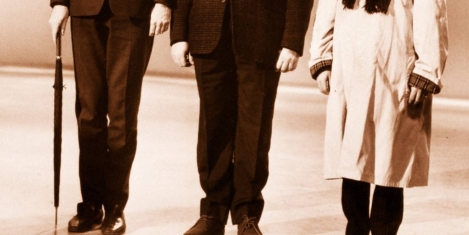April 17, 2025
People’s expectations of work have changed forever (and they think office work should pay better than remote work)
 The Covid-19 pandemic and the rapid shift to remote work have had a “radical impact” on the global workforce, particularly among younger employees who began their careers during this unprecedented period, according to new research published by BSI in collaboration with the think tank ResPublica. The study, part of BSI’s Evolving Together series, claims to provide a comprehensive picture of a workforce cohort shaped by the pandemic and explores how these formative experiences continue to influence their expectations and behaviours. Drawing on a global survey of 4,700 individuals who entered the workforce during or since the pandemic, as well as focus groups and international literature reviews, the research sets out to paint a nuanced portrait of the so-called “hybrid generation”. (more…)
The Covid-19 pandemic and the rapid shift to remote work have had a “radical impact” on the global workforce, particularly among younger employees who began their careers during this unprecedented period, according to new research published by BSI in collaboration with the think tank ResPublica. The study, part of BSI’s Evolving Together series, claims to provide a comprehensive picture of a workforce cohort shaped by the pandemic and explores how these formative experiences continue to influence their expectations and behaviours. Drawing on a global survey of 4,700 individuals who entered the workforce during or since the pandemic, as well as focus groups and international literature reviews, the research sets out to paint a nuanced portrait of the so-called “hybrid generation”. (more…)






























March 5, 2025
Outdated offices are sabotaging ‘return to office’ policies
by James Campanini • Comment, Flexible working, Technology, Workplace design